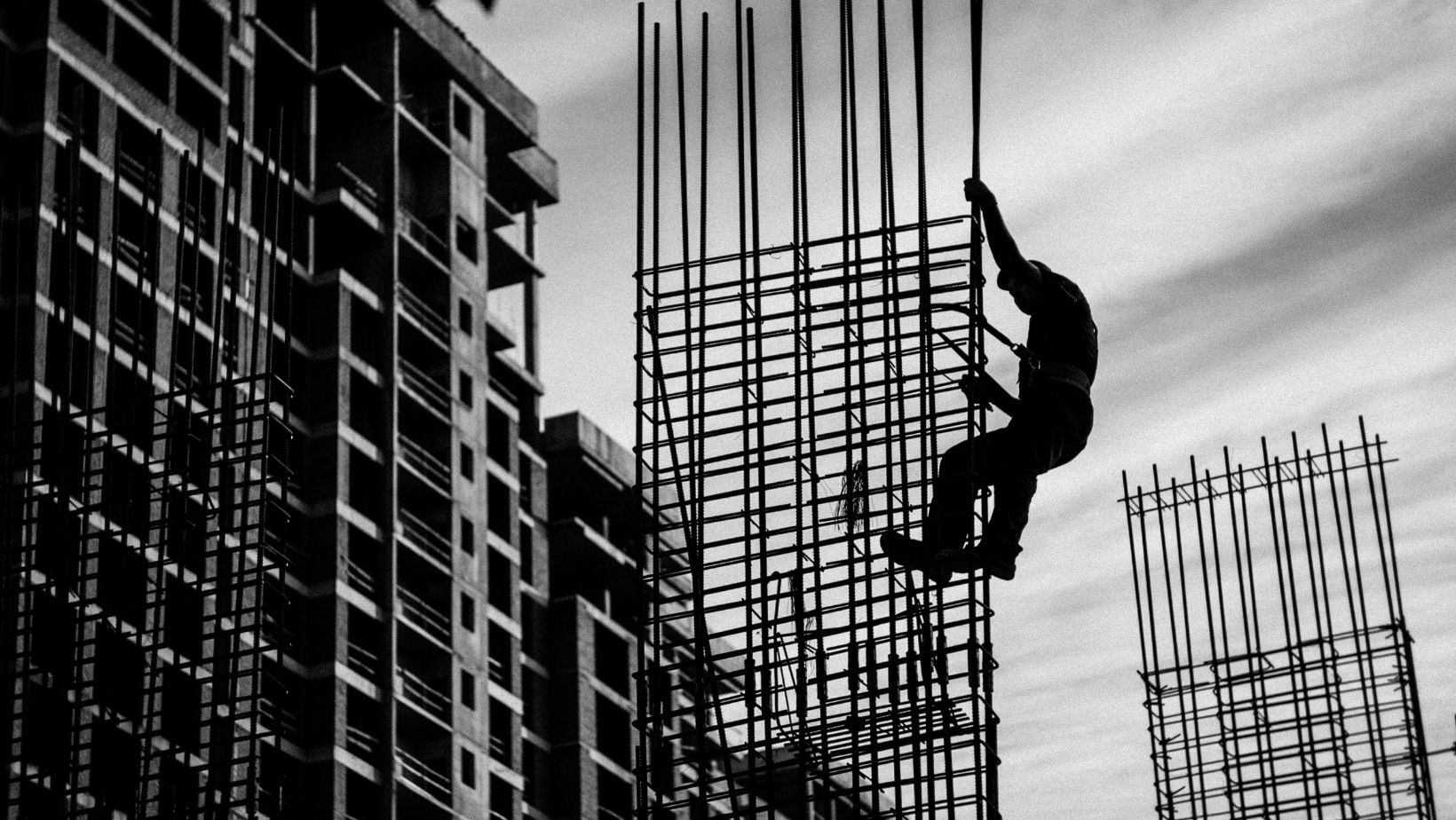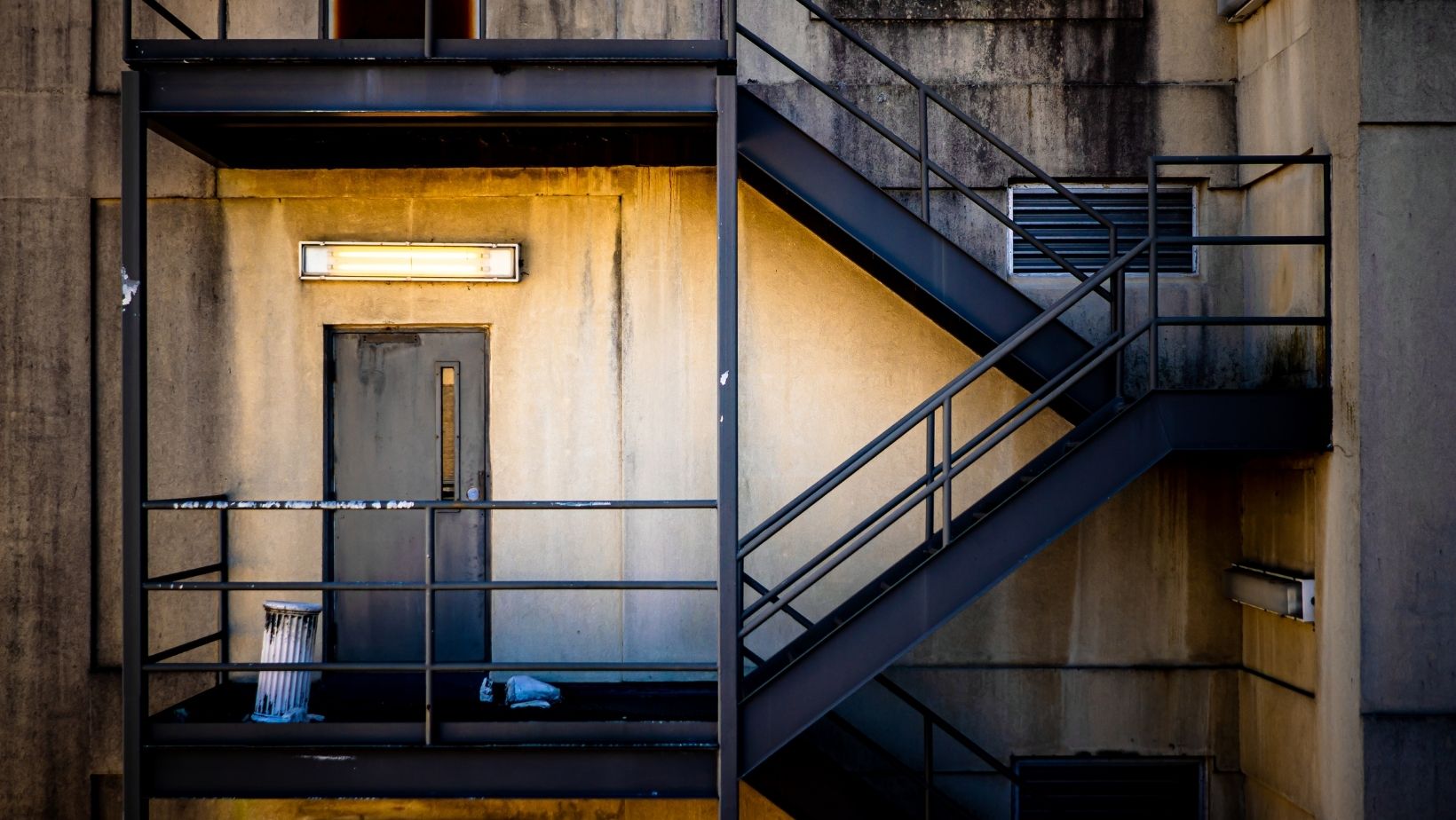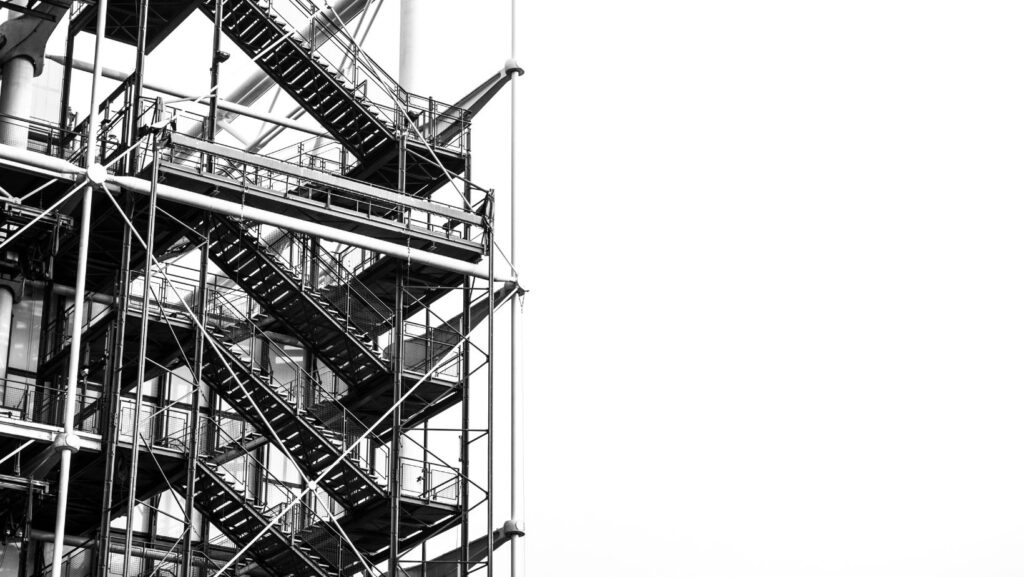Metal buildings are incredibly durable, cost-effective, and versatile, but one aspect they often struggle with is temperature regulation. Whether you’re building a warehouse, workshop, or home, keeping the interior comfortable can be a challenge. This is where insulation comes in. But what happens when you don’t insulate your metal building? Is it worth the investment? Let’s dive into the key differences between metal buildings with insulation and those without, focusing on how insulation impacts heating and cooling efficiency.
How Metal Buildings Respond to Heat and Cold
Metal buildings are known for their ability to withstand tough weather conditions but are also highly susceptible to temperature fluctuations. Metal absorbs heat quickly, and when the weather is hot, the inside of your building can feel like an oven. On the flip side, metal buildings can lose heat just as quickly during the colder months, leading to chilly interiors. Without insulation, the building essentially acts as a heat conductor, meaning you’ll need to rely heavily on your HVAC system to regulate temperatures—which can get expensive over time.
The Impact of Insulation on Temperature Control
When you add insulation to your metal building, you add a protective layer that helps maintain a consistent internal temperature, regardless of what’s happening outside.

Winter Heating Efficiency: In winter, insulation traps heat inside the building, reducing the need to constantly run your heater. Without insulation, the warmth inside escapes through the metal walls and roof, making it harder to maintain a comfortable temperature. This means you’ll be spending more money heating your space than you would with proper insulation.
The Costs of Heating and Cooling Without Insulation
Let’s face it: without insulation, you’re setting yourself up for high energy costs. Here’s why:
Energy Waste: Heating and cooling systems will work harder to maintain a stable temperature in a non-insulated metal building, wasting energy. This leads to higher utility bills and more frequent repairs or replacements of your HVAC systems.
Increased Utility Bills: Without insulation, the heat or cold from outside quickly seeps into the building. You’ll need to constantly run your air conditioner in summer and your heater in winter, which leads to skyrocketing energy bills.
Impact on HVAC Systems: Overworking your HVAC system leads to higher energy consumption and puts more strain on your equipment, which could lead to premature breakdowns and the need for costly repairs or replacements.
The Role of Insulation in Improving Energy Efficiency
So, how does insulation help improve energy efficiency in your metal building?
Long-Term Savings: Insulation offers long-term savings by reducing the amount of energy required to heat or cool your space. While installing insulation might come with an initial cost, the energy savings over time will quickly make up for it. In fact, studies suggest that buildings with proper insulation can save up to 40% on their energy bills.

Enduring the Price of Metal Building Insulation
Are you apprehensive about diving in and buying insulation for your metal building? This can seem like a huge expense to pay, especially if you’ve had your property for many years. You might think that you can continue to delay this investment. But, you have to realize that this will soon have consequences. There are many good reasons why paying for insulation now will work best for you. So, let’s take a look at why you should endure this payment now for rewards later on.
Protecting Your Building
You want to ensure that your metal building can stand the test of time. Indeed, this means that you should make available improvements to protect its structure. This is one of the good things about insulation. It’s not just improving the experience inside the building. It’s also working to protect the metal structure and ensure that it doesn’t get damaged before its time. Moisture can be damaging when it’s left to build. So, insulation works to remove this moisture and slow down corrosion. This is going to be a lot more cost-effective than having to repair or replace parts of your metal building before its time.
Lowering the Price of Energy
Something that’s going through the roof at the moment is the price of heating and cooling. The bills keep going up and if you have a metal building, you know how devastating this can be. But you might feel like you’ve got no choice since the summers are too hot and the winter is too cold. Well, there’s something you can do to lower the price of energy. You can get metal building insulation. Property owners have found that this investment can have a good impact on bills, reducing the need to heat and cool. So, you could save a lot of money over time by making the investment now.
Conclusion: Making the Smart Choice
When it comes to heating and cooling efficiency, the benefits of insulating your metal building are clear. Insulation keeps your building comfortable, reduces energy waste, and helps you save money in the long run. While the upfront cost may seem significant, the long-term savings, increased comfort, and environmental benefits make it a smart investment. Whether you’re using your metal building for storage, work, or living, insulating it ensures that it remains efficient, sustainable, and comfortable for years to come.


More Stories
Planning To Order Semi-Custom Cabinets for the Kitchen? Measure Your Space First
The Complete Guide to Restoring a Chair
Stunning HVAC Systems for High-Altitude Climates